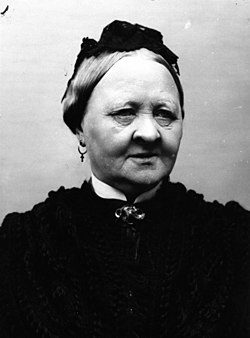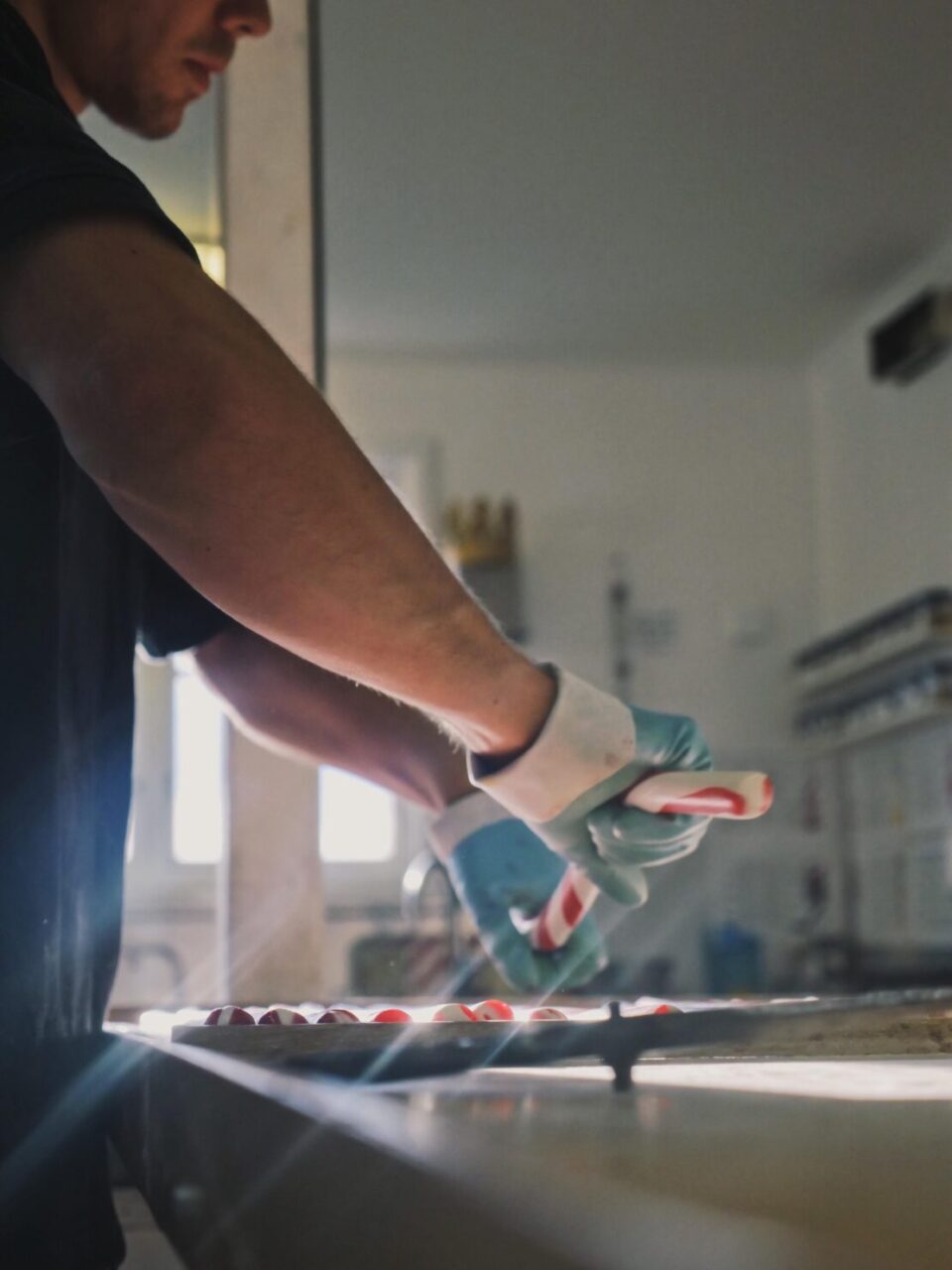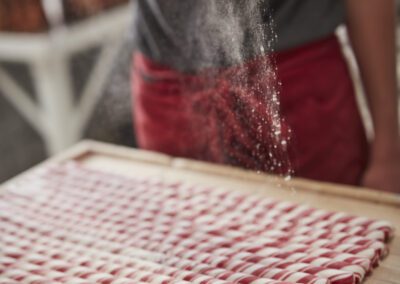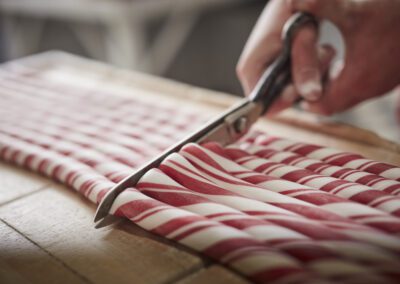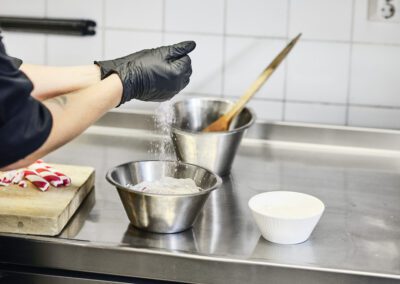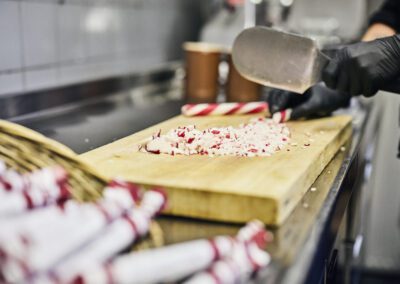Genuine Gränna
Polka dots
Yes, my God, this is great that just like champagne has a protected designation, we will also be able to boast this medal for tradition and quality with Äkta Gränna Polkagrisar (protected geographical indication).
From the very beginning, we (the candy cane group in the Gränna business association) were commissioned by the government via the Swedish Board of Agriculture to receive help from the household society in the county of Skaraborg. They sent two gentlemen, Odd Nygård and Svenerik Larsson, to help us apply. After more than four years of writing and waiting, it is ready .🍾How big this is is difficult to take in but in Ex Germany, Italy France it is a stamp of quality and local delicacies. Something people are looking for and really want. It will be great to be able to use this in our advertising. This will affect all the kitchens that put the stamp on their products, on their shelves, in their windows, in advertising, etc. It will also affect everyone around such as restaurants and hotels when people want to come here. It feels so good in my heart that all local bakers should be able to straighten their backs and feel proud of their craft and their profession. I think Amalia Eriksson would be very happy and satisfied with what she started and how we all managed our heritage. There are many people in this small town who, with their work with candy canes, have been a step towards this. So a big congratulations to everyone who in some way worked with Äkta Gränna Polkagrisar! This is a medal for the whole community.
Amalia initially made funeral, christening and wedding confectionery. She also started making a smaller version of candy canes in the form of small ’pillows’. In order for her to have an income to survive, Amalia sought permission from the Magistrate in Gränna. On January 10, 1859, Amalia received permission with the statement:
Married in Grenna on January 10, 1859
Since the applicant, according to the presented priest’s certificate, has reached the age of majority and has committed the Lord’s Holy Communion and is in good health, the Magistrate finds, pursuant to § 12 1 mom. in Kongl. The Crafts Ordinance of December 22, 1846, no obstacle to the Applicant, as a means of livelihood here in the City with their own hands to engage in ”Bakery management, variety of coarse and fine bread and the manufacture of so-called Polka dots”.
The then mayor of the town of Gränna, Carl Johan Wennberg, had to sign this letter of privilege, which enabled Amalia to make a full-time living by baking and selling candy canes. This was unusual, as the reform of business freedom for women and men did not come until 1864.
